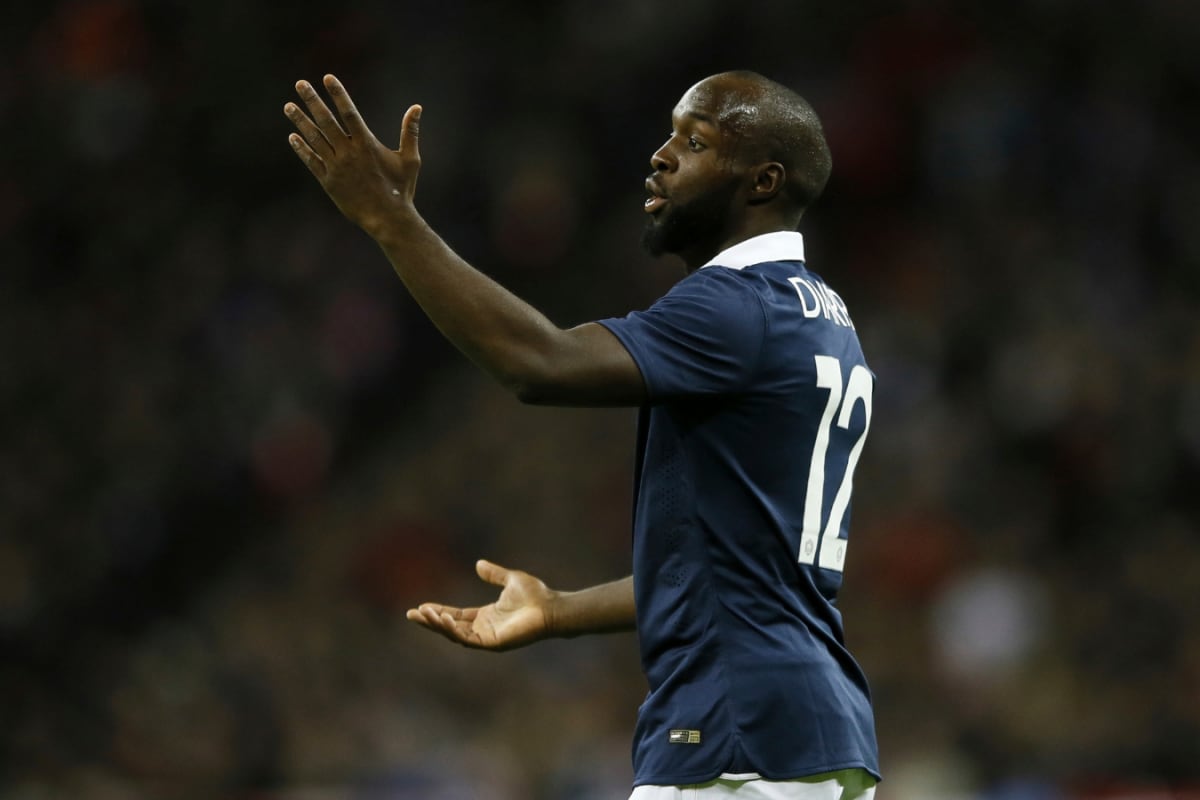

Former France international Lassana Diarra is seeking 65 million euros (approximately $76 million USD or £56 million) in damages from FIFA and the Royal Belgian Football Association (RBFA) in a Belgian court. The claim is supported by the global players' union FIFPro and the French professional footballers' union UNFP. Diarra's legal team announced the proceedings on Monday, citing a failure to reach an amicable settlement with the governing bodies.
Diarra's decade-long challenge to FIFA stems from a dispute that began in 2014, when he unilaterally broke his contract with Lokomotiv Moscow to sign with Sporting Charleroi. FIFA subsequently fined him 10 million euros. Charleroi blocked the transfer due to the risk of liability for the fine. Diarra argues that FIFA's rules on compensation and the issuance of international transfer certificates (ITC) restricted his free movement as a worker within the European Union and violated competition laws.
The case was referred to the Court of Justice of the European Union (CJEU), which ruled in October 2024 that FIFA's rules on unilateral termination of contracts by professional players breached EU law. The CJEU stated that FIFA's rules "restrict the free movement of players and competition between football clubs". Specifically, the court found that FIFA's regulations imposed "considerable legal risks, unforeseeable and potentially very high financial risks as well as major sporting risks on those players and clubs wishing to employ them which, taken together, are such as to impede international transfers of those players".
Following the CJEU ruling, Diarra has returned to the Belgian courts to seek damages. His law firm, Dupont-Hissel, stated that the 65 million euro demand stems from a preliminary question referred by the Mons Court of Appeal. They anticipate a ruling within 12 to 15 months.
Diarra's lawyers cited "unsuccessful settlement negotiations with FIFA" as the reason for pursuing the financial claim for damages throughout his career. FIFA, in turn, stated that it would not comment on ongoing legal matters but noted that it "has been working with its stakeholders to amend its regulations following the guidance offered by the ECJ". FIFA did amend its rules in December, but FIFPro deemed the changes insufficient.
Diarra has expressed his motivation for pursuing the case. In a statement released through his lawyers, he said, "I have been forced to fight this legal battle since August 2014... I am doing this for myself... but I have also done it for all the up-and-coming, lesser-known players who do not have the financial and psychological means to challenge FIFA before real judges". He also lamented what he sees as a "continuing culture of contempt for the rule of law and for players" within FIFA.
Diarra's case is not isolated. A Dutch players' group, Justice for Players, has also announced legal proceedings against FIFA and several national soccer federations in Europe. This action could potentially benefit 100,000 players over more than two decades and lead to significant revisions in FIFA's transfer regulations to comply with EU law.